In the fast-paced world of e-commerce, customer engagement is a key factor in driving sales and building long-term relationships with customers. One of the most effective ways to enhance customer engagement is through Search Engine Optimization (SEO). By optimizing your website and content for search engines, you not only increase visibility but also create a more engaging experience for your customers. In this blog post, we will explore the importance of SEO in boosting customer engagement in e-commerce and provide actionable strategies to help you succeed.
1. SEO Increases Visibility and Attracts Targeted Traffic
The first step to engaging customers is to ensure they can find your website. SEO plays a crucial role in increasing your website’s visibility on search engines like Google. By ranking higher in search results for relevant keywords, you attract more targeted traffic—visitors who are actively searching for products or services like yours. This targeted traffic is more likely to engage with your content, explore your offerings, and ultimately make a purchase.
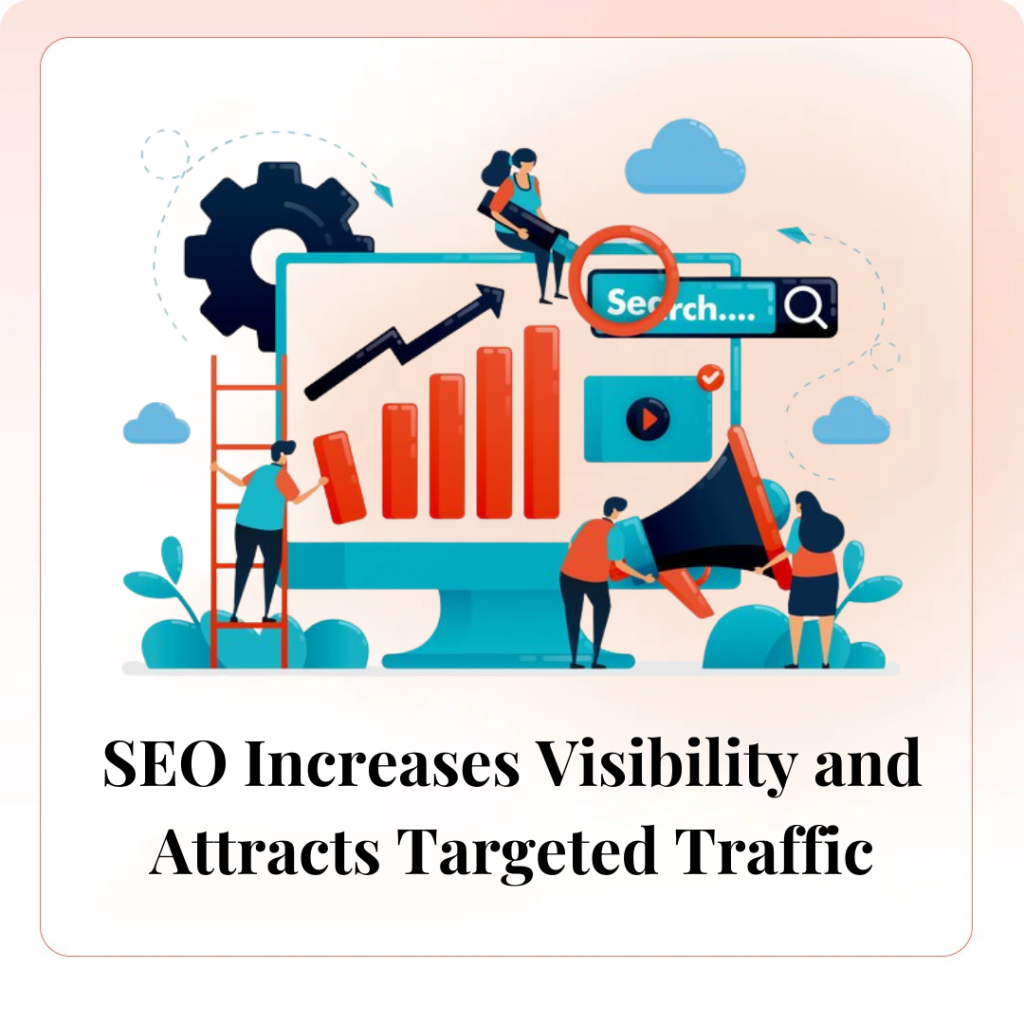
2. Optimized Content Drives Customer Interaction
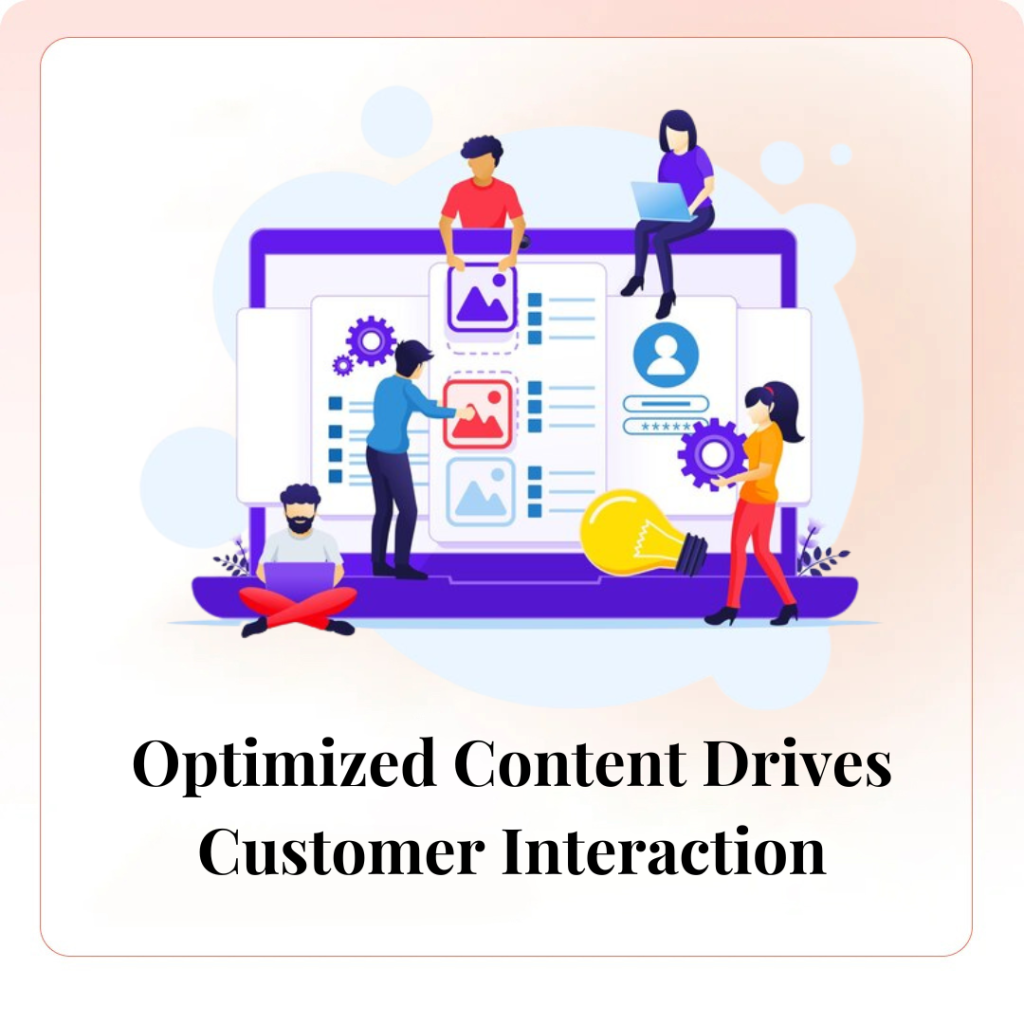
High-quality, optimized content is at the heart of any successful SEO strategy. In e-commerce, this means creating product descriptions, blog posts, and landing pages that are not only informative but also engaging. Use keywords naturally throughout your content to help search engines understand what your pages are about. Additionally, include clear calls-to-action (CTAs) that encourage visitors to interact with your site, whether it’s by signing up for a newsletter, reading a related article, or making a purchase.
3. Mobile Optimization Enhances User Experience
With the increasing number of customers shopping on mobile devices, mobile optimization is essential for both SEO and customer engagement. Google prioritizes mobile-friendly websites in its search rankings, so ensuring your site is responsive and easy to navigate on smartphones and tablets is crucial. A seamless mobile experience encourages users to spend more time on your site, explore different products, and complete transactions, thereby boosting engagement.
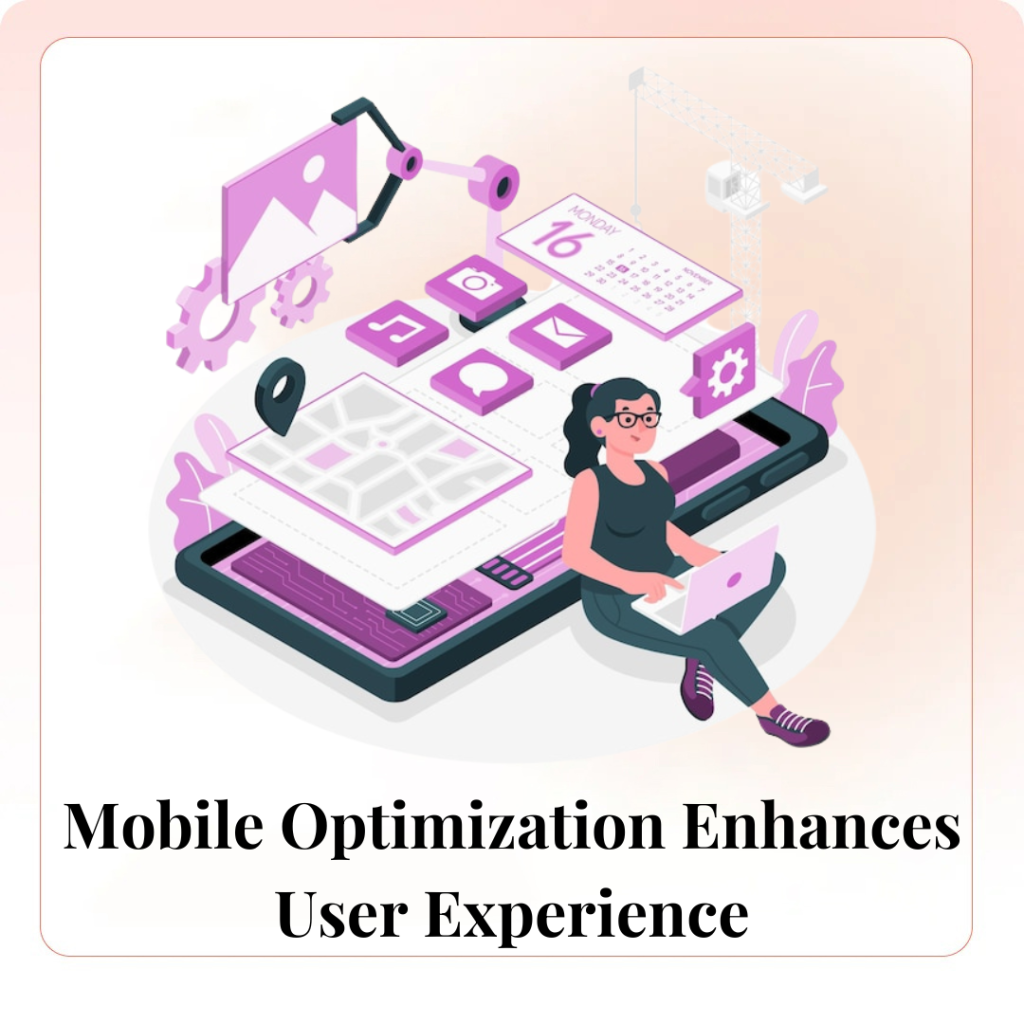
4. Local SEO Connects You with Nearby Customers

For e-commerce businesses with physical locations, local SEO is a powerful tool for driving customer engagement. By optimizing your site for local search terms and creating a Google My Business profile, you can attract nearby customers who are searching for products or services in your area. Local SEO helps you connect with customers who are more likely to visit your store, attend events, or take advantage of special promotions, thus increasing engagement.
5. Fast Loading Speeds Keep Customers Engaged
Website speed is a critical factor in both SEO and customer engagement. Slow-loading pages can frustrate users, leading to higher bounce rates and lower engagement. Search engines like Google also take page speed into account when ranking websites. To keep customers engaged, ensure your website loads quickly by optimizing images, leveraging browser caching, and minimizing the use of large files or scripts that can slow down your site.
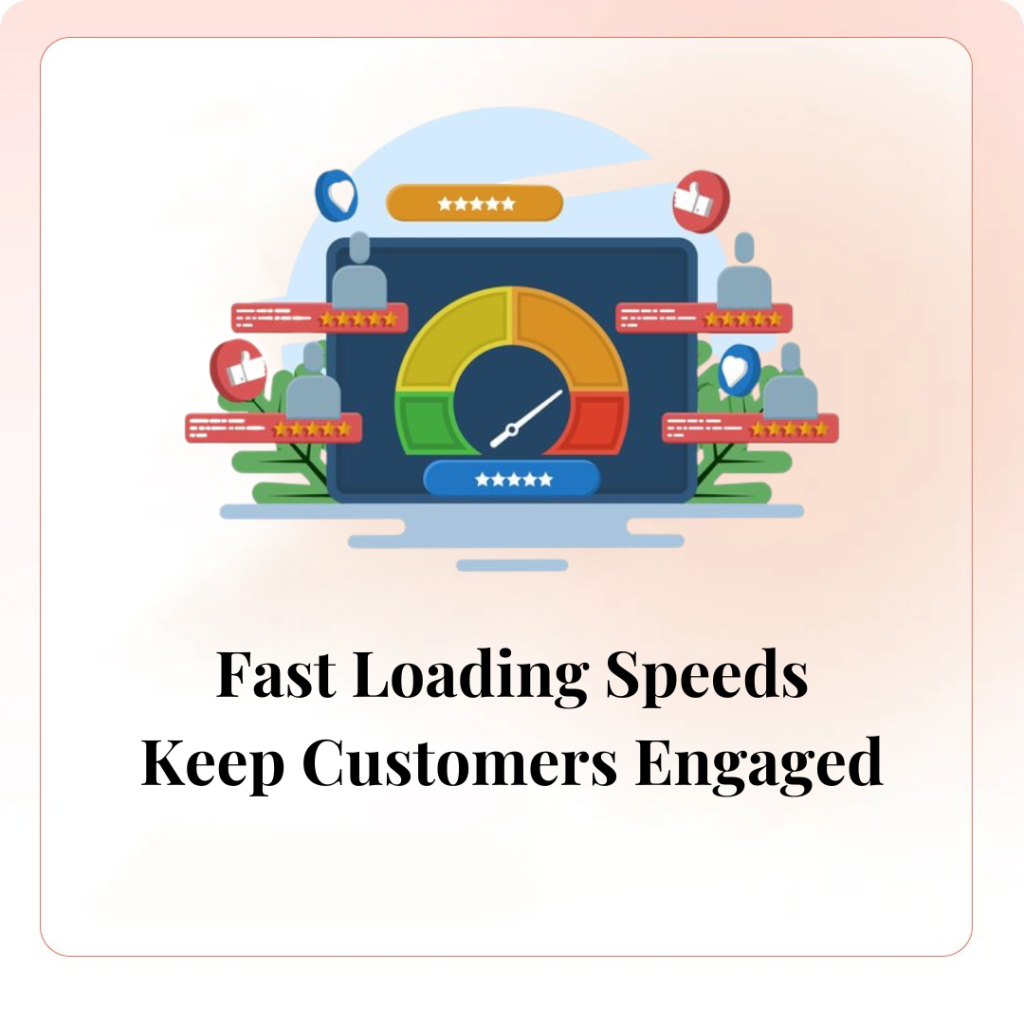
6. Building Trust with SEO-Driven Content
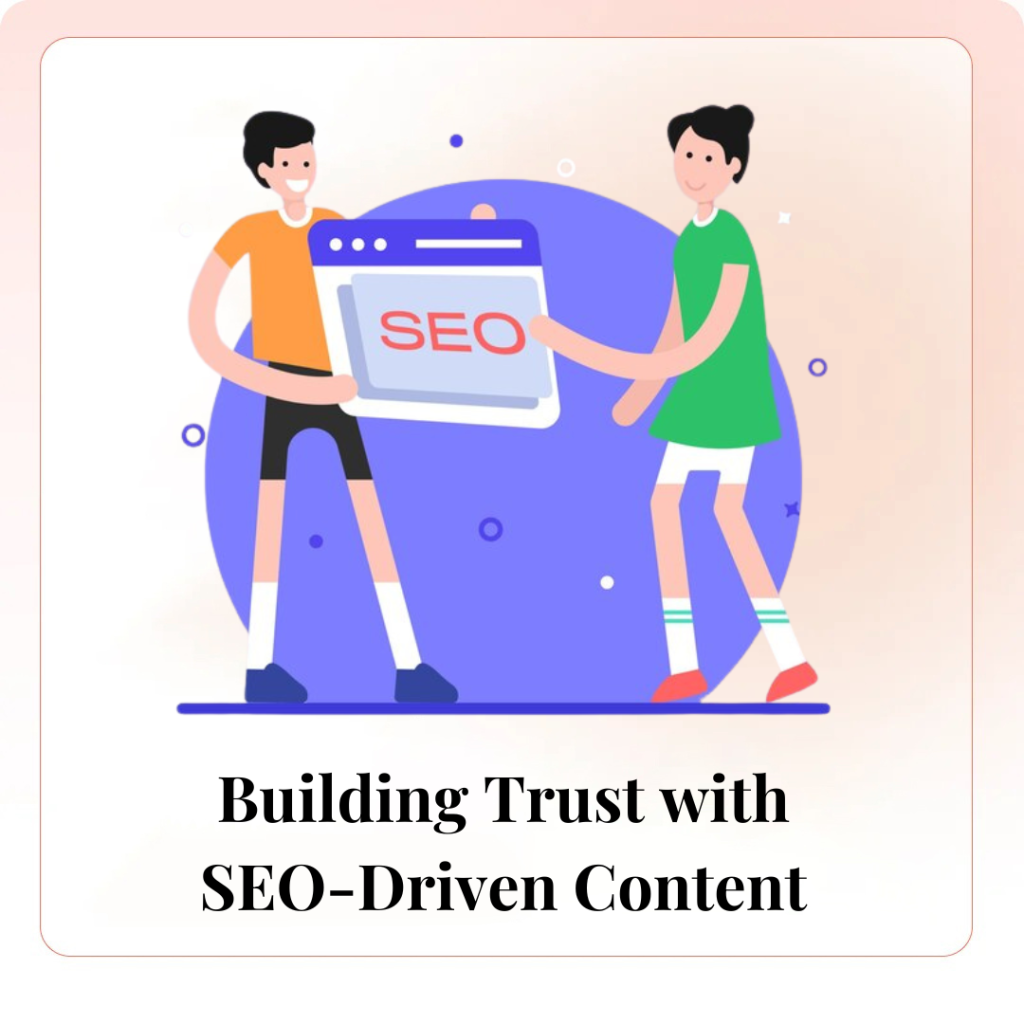
Trust is a major component of customer engagement, especially in e-commerce. SEO-driven content that answers customer questions, provides valuable information, and showcases your expertise can help build trust with your audience. For example, creating blog posts that address common concerns or provide buying guides can position your brand as a trusted resource. When customers trust your brand, they are more likely to engage with your content, return to your site, and make repeat purchases.
7. Social Proof and User-Generated Content Boost Engagement
Incorporating social proof, such as customer reviews and testimonials, into your SEO strategy can significantly enhance customer engagement. Positive reviews and user-generated content not only improve your search rankings but also encourage other customers to engage with your brand. Highlighting reviews on product pages, sharing user photos on social media, and creating SEO-optimized content around customer success stories can build a sense of community and trust among your audience.

8. Long-Tail Keywords Target Specific Customer Needs
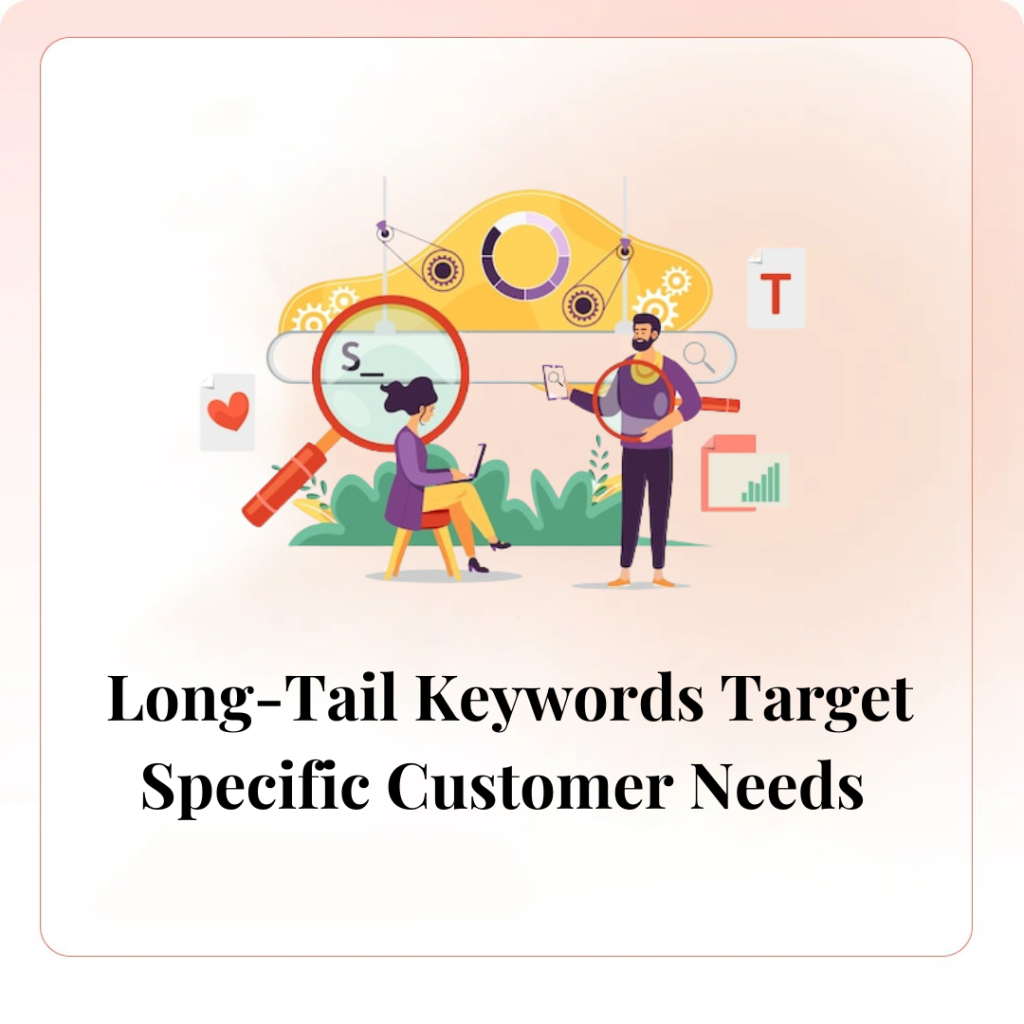
While broad keywords can attract a large audience, long-tail keywords are more effective for targeting specific customer needs. These keywords often have lower search volumes but higher conversion rates because they cater to users with more precise search intents. By incorporating long-tail keywords into your SEO strategy, you can attract customers who are further along in the buying journey and more likely to engage with your content and make a purchase.
9. Engaging Meta Descriptions and Titles Increase Click-Through Rates
Meta descriptions and titles are often the first things potential customers see in search engine results. Crafting engaging, SEO-optimized meta descriptions and titles can significantly increase your click-through rates (CTR). Use action-oriented language, include your target keywords, and keep them concise to encourage users to click on your link. A higher CTR not only drives more traffic to your site but also signals to search engines that your content is relevant and valuable, further boosting your rankings.

10. Regularly Updating Content Keeps Customers Coming Back

Search engines favor websites that regularly update their content. For e-commerce businesses, this means keeping product descriptions, blog posts, and landing pages fresh and relevant. Regularly updating your content with new information, seasonal promotions, or the latest trends not only improves your SEO but also keeps customers engaged. When customers know they can find the latest information on your site, they are more likely to return, explore more products, and continue to engage with your brand.
Conclusion
SEO is an essential tool for driving customer engagement in e-commerce. By increasing your visibility, optimizing your content, and providing a seamless user experience, you can attract and retain customers, build trust, and ultimately drive sales. As you implement these SEO strategies, remember that customer engagement is an ongoing process. Continuously monitor your SEO performance, update your content, and adapt to changing trends to keep your customers engaged and your business growing.

